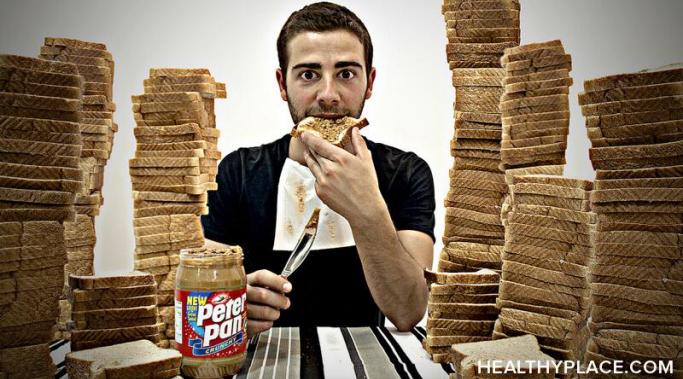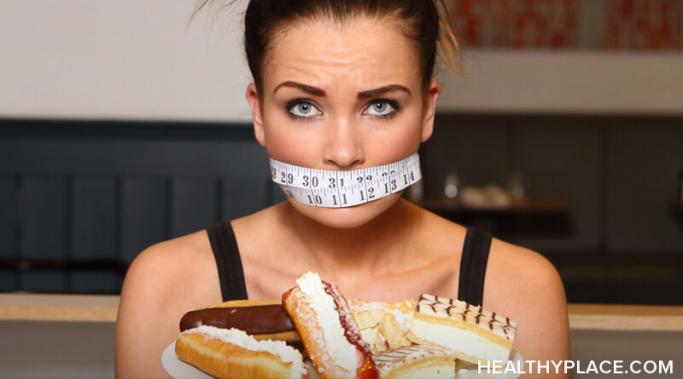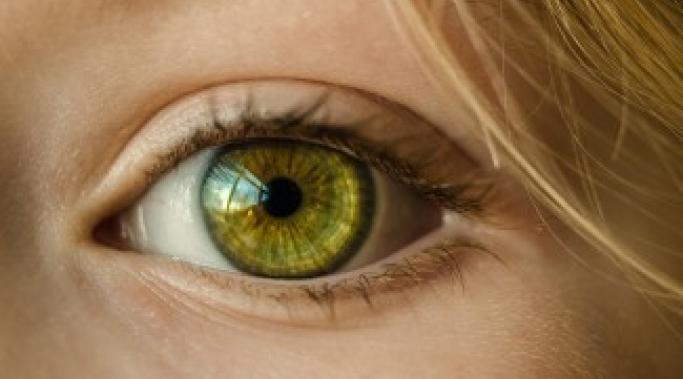Shame can keep you trapped in an eating disorder. Shame is insidious, creeping into our self-esteem and wreaking havoc on our thoughts and feelings. Eating disorders come with both shame and guilt, but the difference is important. Shame is the feeling that “I am bad,” while guilt is the feeling that, “I did something bad.” The insidious part about shame is that we begin to see ourselves and the eating disorder as one. When we do this, we become all bad and shame keeps us trapped in the eating disorder.
Eating Disorders Recovery
There are important things you don’t know about eating disorders because for many people, eating disorders are a mystery. If you’ve never had one, you may struggle to come up with anything about them. I’ve heard people fumble, “It’s when you don’t eat or think you’re fat right?” Yes and no. Eating disorders are multifaceted. They’re a mental illness many people can struggle with for life. Here’s one important thing you don’t know about eating disorders.
Three health-related bonuses to eating disorder recovery are given to us as we walk down recovery road. When we're healthy we often take that health for granted, but when we're sick we long for health and lament that we haven't been appreciative of it. But recovery teaches us that the body, mind, and soul are more resilient than we might have thought. There are at least three health-related bonuses to eating disorder recovery.
The benefits of accepting your eating disorder are numerous because it’s the first step to healing. The more we resist something, deny it, or make excuses, it sets up a distance. It’s like holding the eating disorder at arm's length where it will continue to be a scary thing that’s chaotic to explore. Here are the true benefits of accepting your eating disorder.
Stop saying “I can’t” when it comes to eating disorder recovery. "I can't" is a phrase uttered out loud or in the secret caverns of our minds. I can’t recover. I can’t eat that. I can’t stop exercising. I can’t stop throwing up. I can’t keep food down. I can’t love myself in the mirror. I can’t love the part of my body that I despise. I can’t be kind to myself. Eating disorders are filled with the words “I can’t,” but there’s one ultimate reason to stop saying "I can't" for the sake of your eating disorder recovery (Why We Believe Eating Disorder Lies).
Eating disorders can affect the way we view sex and sexuality. They whittle down more than what our bodies look like. They destroy our sense of self, our relationships, and take a toll on our emotional, spiritual, and psychological wellbeing. When I began my recovery in the hospital, the group decided to have a conversation about sex. What I learned was fascinating and solidified that eating disorders affect our sex lives.
EMDR treatment, or eye movement desensitization and reprocessing, can help eating disorder recovery (EMDR: Treatment for PTSD). What are those four strange letters and how can they help me, you might ask? EMDR, which is performed by someone licensed and trained in EMDR, is a rapid eye movement therapy usually associated with posttraumatic stress disorder (PTSD) because it works to treat trauma. According to the director of the New York Center for Eating Disorders, 40-60% of men and women who they treat for eating disorders have experienced sexual abuse. Since sexual abuse is traumatic, EMDR can help on the road to eating disorder recovery.
Each year, as the New Year rolls around, millions of us with eating disorders set our resolutions. One of the number one American resolutions is to exercise more, with gym memberships spiking in January and then waning soon after. Despite good intentions, many people’s motivation falls to the wayside with nothing more than a shrug. However, for those with eating disorders, resolutions involving our weight or bodies can make for a dangerous year (Are Your New Year’s Resolutions Aiding Your Eating Disorder Recovery?). Here’s how not to set a New Year’s resolutions with an eating disorder.
Hope in eating disorder recovery is a vital key to success (Hope – the Foundation of Mental Health Recovery). Without hope, we have nothing to look forward to but a life tortured by our eating disordered voice and patterns. We have day after day of a cruel, incessant voice in our ears about what failures we are. Hope, even if just a sliver, is like a thin whisper of smoke over the mountains when you’re wandering alone in the forest. That smoke says, “If I can just make it there, over the mountain stretch, there’s a place waiting for me by the fire.” So how do we raise our heads and see the thin veil of smoke as we wander? How do we keep hold of hope in eating disorder recovery?
How do you talk to someone with disordered eating around the holidays? The holiday season is a time of gathering and lots of food. The average person may complain of overindulging and gaining some turkey or pie weight. But for the person with an eating disorder, the joy of the holidays can be a time filled with anxiety (Surviving [and Thriving] During the Holidays With An Eating Disorder). Food is a part of celebration but for those with disordered eating, it can be difficult to maintain stability or stay on the recovery path. Added to that stress are the dreaded looks or awkward questions of friends and family members. Here’s how to be a supportive person and talk with someone with disordered during the holiday celebrations.









